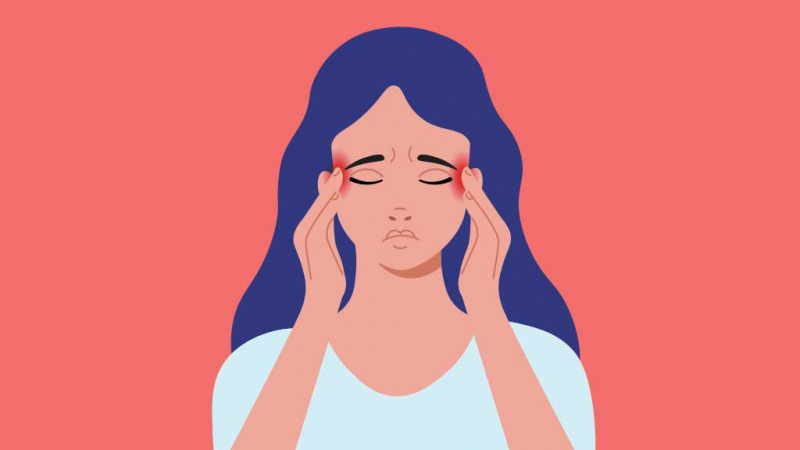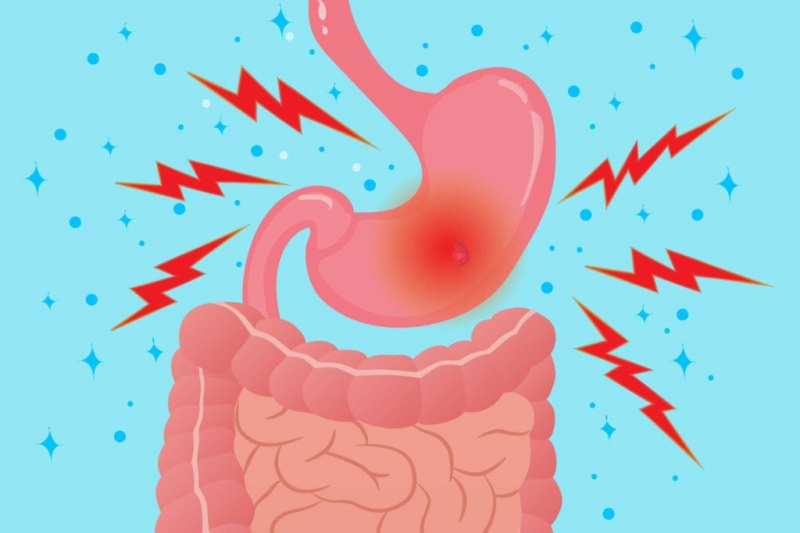Downsides
If you are between the ages of 18 and 60, do not take any other medications, and have no other medical conditions, you are more likely to experience the following side effects:
- The most common side effects are a headache and gastrointestinal side effects (such as constipation, diarrhea, nausea, and abdominal pain). Other side effects in adults are uncommon.
- People with moderate to severe renal impairment, as well as seniors, are more likely to experience adverse central nervous system (CNS) reactions such as agitation, confusion, delirium, disorientation, hallucinations, lethargy, and seizures.
- A positive response to famotidine does not rule out the possibility that your symptoms are caused by gastric or duodenal cancer (stomach cancer affects approximately 28,000 people in the U.S. each year; the risk is higher in older people). Endoscopy is the only way to ensure that you do not have stomach cancer; if your symptoms persist, consult your doctor about further testing.
- Famotidine dosage should be adjusted in people with moderate kidney disease. There is insufficient data to make dosage recommendations for people with liver disease.
Seniors and children, people with certain medical conditions (such as liver or kidney problems, heart disease, diabetes, seizures), or people who take other medications are more likely to experience a broader range of side effects.









